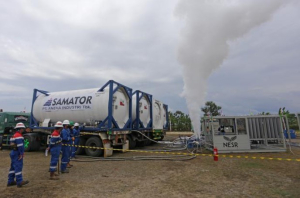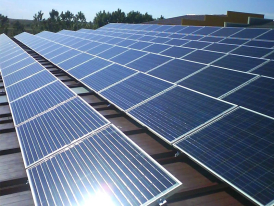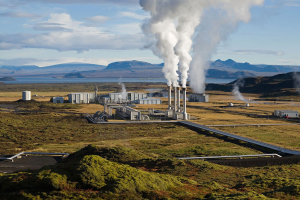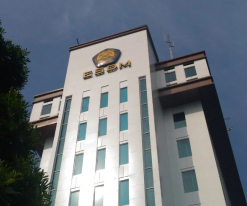The Indonesian government call for caution, transparency, and safety in developing nuclear power plants
The government is advised to exercise caution in developing nuclear power plants (NPPs) as their development poses various risks that require careful consideration.
Fabby Tumiwa, the Executive Director of the Institute for Essential Services Reform (IESR), emphasized the need for clear criteria for the technology used in NPPs. The parameters and nuclear technology should be proven safe.
"They mentioned the technology used is Small Modular Reactor (SMR), and I think we all have to be careful in paying attention to the parameters of the technology. At least it must be proven reliable, safe, and competitively priced without burdening the government and the country's finances," said Fabby on November 29, 2023.
"So, regardless of anything, the government must ensure transparency; everything must be clear," he added.
Considering these risks, Fabby stated that the government also needs to compare the costs of emission reduction or abatement costs per ton of carbon dioxide (CO2) compared to other technology options.
Putra Adhiguna, an Energy Analyst at the Institute of Energy Economics and Financial, mentioned that nuclear technology could reduce emissions by up to 10% by 2050.
However, he emphasized the importance of permits and safety factors in the construction of NPPs in Indonesia.
Fabby mentioned that the government should also ensure transparency in terms of permitting and economic calculations. This includes the potential financial risks to be borne by the government and state-owned enterprises (BUMN).
"The government must also consider the cost of NPP construction, as NPP construction often experiences over-budget and delays," he said on November 29, 2023.
Not only that, Putra also reminded the government to mitigate the risk of electricity prices.
Earlier, Arifin Tasrif, the Minister of Energy and Mineral Resources (ESDM), stated that Indonesia needs additional policies for the development and construction of NPP infrastructure.
"The Ministry of ESDM is trying to create some policies related to the mechanism of utilizing electrical energy from nuclear power plants," said Arifin.
Arifin mentioned that the Ministry of ESDM is currently preparing matters related to the licensing process for the construction of NPPs in Indonesia.
In addition, the Ministry of ESDM also ensures that the technology of these NPPs is safe because many people still have concerns about the use of nuclear power as an electricity generator.
Already have an account? Sign In
-
Start reading
Freemium
-
Monthly Subscription
30% OFF$26.03
$37.19/MonthCancel anytime
This offer is open to all new subscribers!
Subscribe now -
Yearly Subscription
33% OFF$228.13
$340.5/YearCancel anytime
This offer is open to all new subscribers!
Subscribe now






